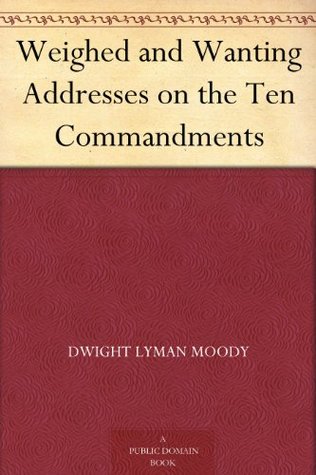Read.
This.
Book.
Yes, I'm talking to you! If you have any desire at all to read the Bible OR study the Bible or meditate on the Bible or pray using the Bible, this book is for you. They will show you throughout the book how to read a verse, how to read a paragraph, how to read a chapter, how to read a book.
Living by The Book is many things: practical, straight-forward, and reader-friendly. The authors will take you step by step by step by step and teach you how to read the Bible, how to turn your reading of the Bible into studying the Bible. There are three main sections: OBSERVATION, INTERPRETATION, and APPLICATION.
1. Observation. In this step, you ask and answer the question, What do I see? The moment you come to the Scriptures you ask, What are the facts? You assume the role of a biblical detective, looking for clues. No detail is trivial.Within each section, the authors teach you exactly what you need to know, what you need to keep in mind, etc. For example, in the first section OBSERVATION, there are "10 Strategies to First-Rate Reading" and "Six Things To Look For."
2. Interpretation. Here you ask and answer the question, What does it mean? Your quest is for meaning. Unfortunately, too much Bible study begins with interpretation, and furthermore, it usually ends there. But I'm going to show you that it does not begin there. Before you understand, you have to learn to see. Nor does it end there, because the third step is…
Application. Here you ask and answer the question, How does it work? Not, Does it work? People say they're going to make the Bible "relevant." But if the Bible is not already relevant, nothing you or I do will help. The Bible is relevant because it is revealed. It's always a return to reality. And for those who read it and heed it, it changes their lives. (35-6)
I've said that the book is practical. Each chapter is written to help you, to teach you, to guide you, to illustrate how and why. In Read Repeatedly, one of the "10 Strategies to First-Rate Reading" here are the practical tips:
- read entire books in one sitting
- start at the beginning of the book
- read the Bible in different translations
- listen to an audio bible
- read the Bible out loud
- set up a schedule for Bible reading
In Read Selectively, another one of the 10 Strategies, the authors give readers six questions to ask any passage of Scripture.
- Who?
- What?
- Where?
- When?
- Why?
- Wherefore?
This is a book that almost is so very, very good that it needs to be reread regularly--perhaps once a year--to refresh and encourage readers.
© Becky Laney of Operation Actually Read Bible





